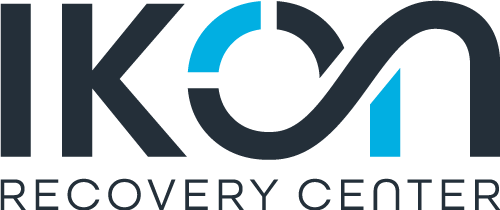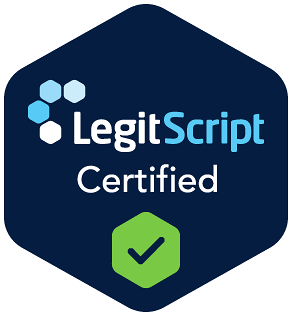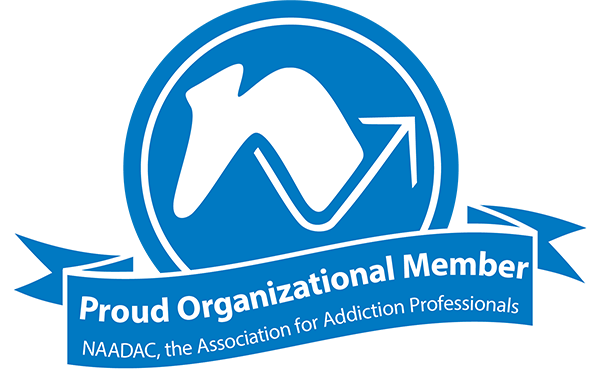Marijuana Addiction and Abuse
As marijuana becomes more socially accepted and legalized in various regions, the risk of addiction and abuse has increased significantly. Many people mistakenly believe that marijuana is harmless, overlooking the potential for dependency and the challenges of quitting. Understanding the symptoms of marijuana addiction is crucial for those who find their usage escalating or affecting their daily lives.
Marijuana addiction symptoms often develop subtly. You might notice you need more cannabis to achieve the same effect, or you experience irritability and restlessness when you can’t use. Signs that you may need marijuana addiction treatment can include:[4]
- Using larger amounts than intended
- Failed attempts to cut down or quit
- Spending excessive time obtaining, using, or recovering from marijuana
- Neglecting work, school, or family obligations
- Continuing use despite relationship problems
- Giving up activities you once enjoyed
- Using in physically dangerous situations
- Experiencing withdrawal when attempting to stop
Professional marijuana abuse treatment addresses both the physical and psychological aspects of addiction. At marijuana rehab, you’ll work with specialists who understand that recovery isn’t just about stopping use – it’s about rebuilding your life. Through personalized treatment plans, you’ll develop coping strategies, address underlying issues, and learn to thrive without relying on cannabis.
